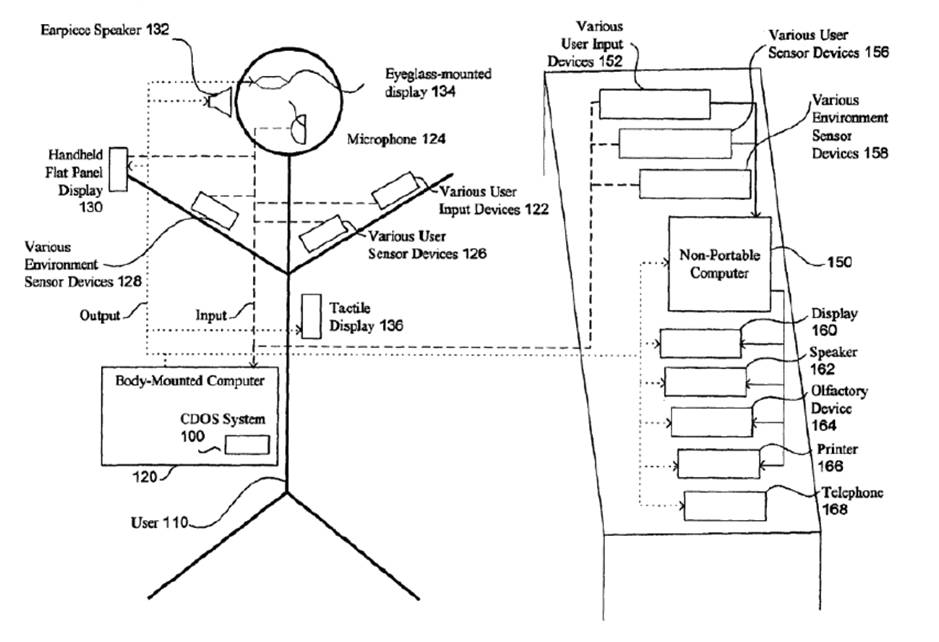Posts Tagged ‘cognitive load’
On physical activity, neuroplasticity, depression, screen time, neuromodulation and more
Welcome to a new edition of SharpBrains’ e‑newsletter, featuring this time eight scientific reports and industry resources plus a few fun brain teasers. #1. Study finds ultimate hack to protect teen brains from harmful screen time: Exercise (and good role-modeling): “Girls who spent less than an hour on screens and boys who spent less than…
Read MoreRationality doesn’t equal efficiency: Cellphone data shows how we navigate cities
Think of your morning walk to work, school or your favorite coffee shop. Are you taking the shortest possible route to your destination? According to big data research that my colleagues and I conducted, the answer is no: People’s brains are not wired for optimal navigation. Instead of calculating the shortest path, people try to…
Read MoreManaging information flow based on user’s mental state and cognitive load: Key Neurotech Patent #19
This is another fascinating 2005 patent assigned to Microsoft, helping manage the presentation of information based on user’s mental and physical state and cognitive load (and, yes, desired level of privacy). U.S. Patent No. 6,874,127: Method and system for controlling presentation of information to a user based on the user’s condition. Assignee(s): Microsoft Corporation Inventor(s): Dan Newell, Kenneth H.…
Read MoreStudy: Hearing aids, by reducing cognitive load, can improve brain function in persons with hearing loss
UTEP professor shows that hearing aids improve memory, speech (press release): “A recent study by Jamie Desjardins, Ph.D., an assistant professor in the speech-language pathology program at The University of Texas at El Paso, found that hearing aids improve brain function in persons with hearing loss.
Read MoreDriving with satellite navigation contributes to inattentional blindness
Satellite Navigations Could Blind Drivers On Road (BioScholar): “Driving with a satellite navigation can make you blind to pedestrians, because trying to hold an image of the screen in your mind makes you ignore what is in front of your eyes, a new study has revealed. Focusing on
Read MoreIncreasing cognitive loads on miners’ brains: good example of where society is heading
NIOSH to Study Cognitive Loads on Underground Coal Miners (Occupational Health & Safety): “NIOSH has published a notice outlining an interesting study it plans to undertake to understand the cognitive demands placed on underground coal miners by new safety devices they must carry, with the industry increasingly deploying wireless communication systems, personal dust monitors, and proximity detectors……
Read More





